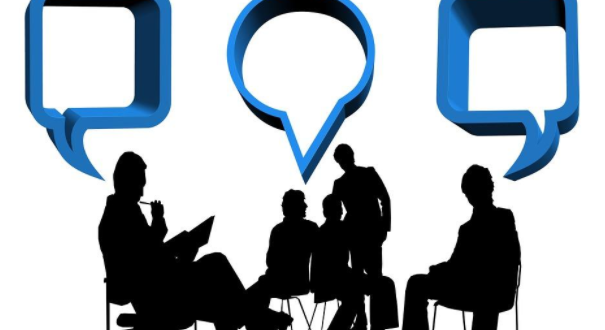By Krystal Yang
It is easy to distinguish a high-school debater from any regular student. Debaters speak in complicated jargon, always have something to say in discussions, and jump for joy when teachers say the class will be expected to “debate” on a certain issue. However, “debater” is more than just a classification—in fact, debating is a crucial skill that all teenagers should develop in order to be successful in every field of adulthood.
Debating can build both confidence and character. Debating is stressful! While some may crack under the pressure, these situations can help students become more confident under pressure by teaching them how to manage their time and think critically. After all, debaters are only given a few minutes to analyze, synthesize, evaluate, and create new arguments, some of which must last five minutes. Critical thinking and problem-solving are applicable to every aspect of life. In fact, a 2012 study conducted by Tammie L. Peters discovered that debaters were more likely to score higher on standardized tests (i.e. SAT, ACT, APs). Furthermore, debaters have to think quickly on their feet, which is important for situations like job interviews. Not only does debate strengthen speaking and thinking skills, but it also opens students up to a wide variety of social, economic, and political problems that exist all over the world. Especially in public forums and parliamentary debates, students have to argue over the effectiveness of certain governmental policies. These debates require in-depth research and familiarity with international issues, which they must relate to their own lives. Some questions can also peak students’ interests in certain careers, such as medicine or engineering, which could give them further insight into their future jobs.
Luckily, many high schools currently feature debate clubs, many of which compete at regional and national levels. Students should actively seek out these organizations or create them if they don’t already exist.
 Tempus Magazine By Students, For Students
Tempus Magazine By Students, For Students 



